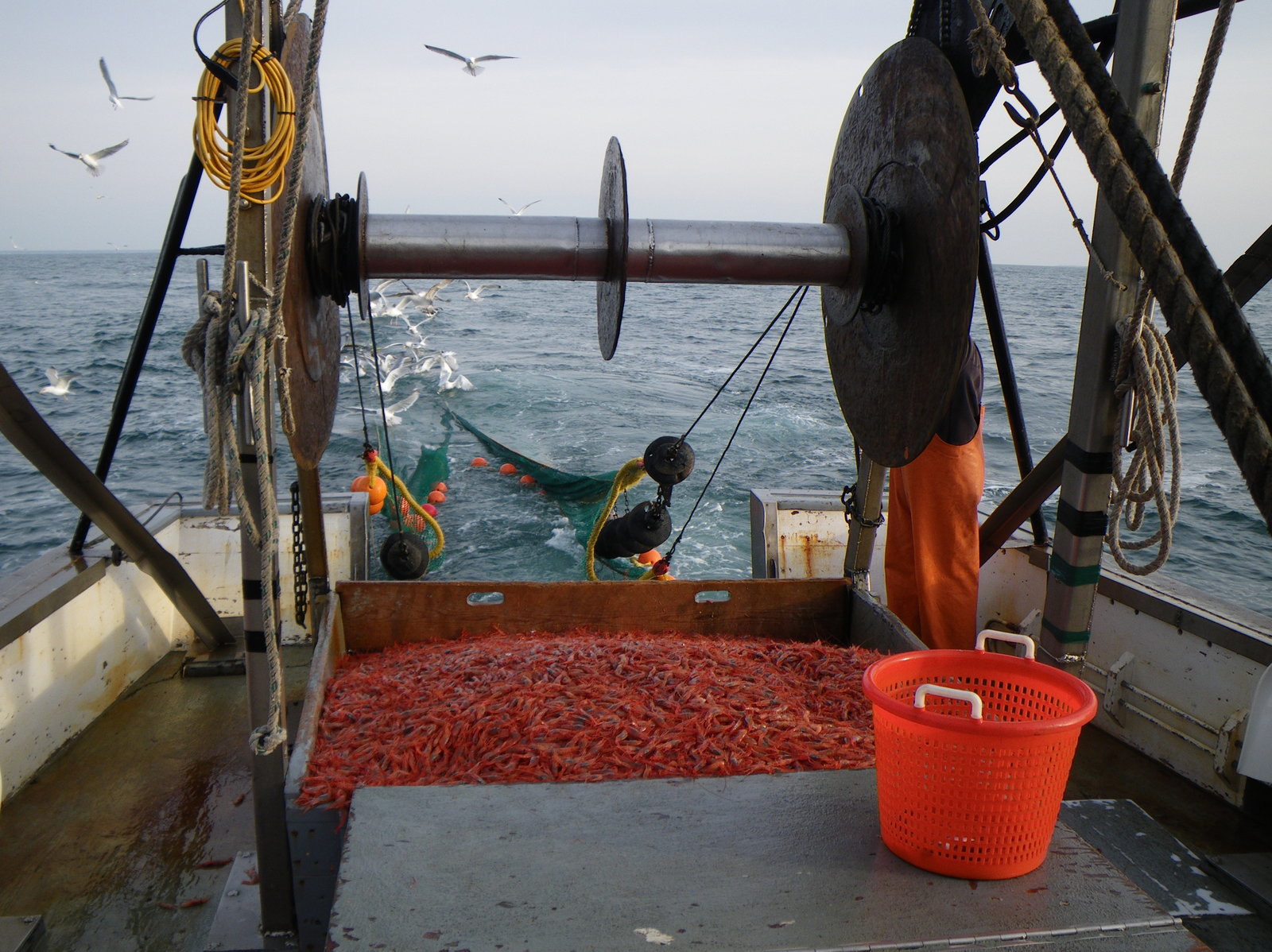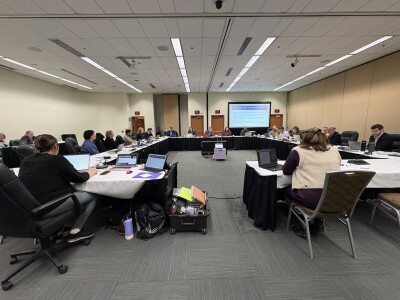New England's fishing industry wasn’t expecting a bountiful shrimp harvest this winter, as the fishery has been shuttered since 2014. But the Atlantic States Marine Fisheries Commission went above in beyond in its November meeting, shutting the shrimp fleet down not only for 2019, but for ’20 and ’21 as well.
A 2018 benchmark assessment published in October showed a bleak future for the fishery. The report indicated the northern shrimp population remains severely depleted. Spawning stock biomass remains at the same low levels that have kept the fishery shuttered since the 2013 season.
Commissioners from New Hampshire and Massachusetts supported the closure, while Patrick Keliher, commissioner of the Maine Department of Marine Resources, reportedly wanted only a one-year closure.
The closure does not allow for any research quota in the next three years, a deal that has kept a small portion of Gulf of Maine shrimp in the marketplace each year.
“The stock is so low, biomass is so low and recruitment is so down — the 2018 recruitment was 2 billion. And while that sounds like a lot, that’s even below the median,” said Tina Berger, the commission’s director of communications. “Their rationale was, ‘Let’s close the resource for three years, and that way if we have a good year for recruitment, it would give that class time to grow into a fishable resource.’”
According to reports from the Bangor Daily News, the Maine Coast Fishermen’s Association has relayed to the state's hundreds of license holders that they shouldn't expect a lift of the ban anytime soon.
“What I am communicating to our fishermen is that this is a signal that you should not plan on shrimp as a part of your business plan at any time in the future,” Ben Martens, executive director for the association, told the newspaper.
Shrimp fishery managers also voted to establish two working groups in that meeting. The first to adjust management strategy in the future to account for climate change and make suggestions for 2020. The second will review the existing Gulf of Maine Summer Northern Shrimp Survey, and evaluate ways to improve reliability and efficiency.







